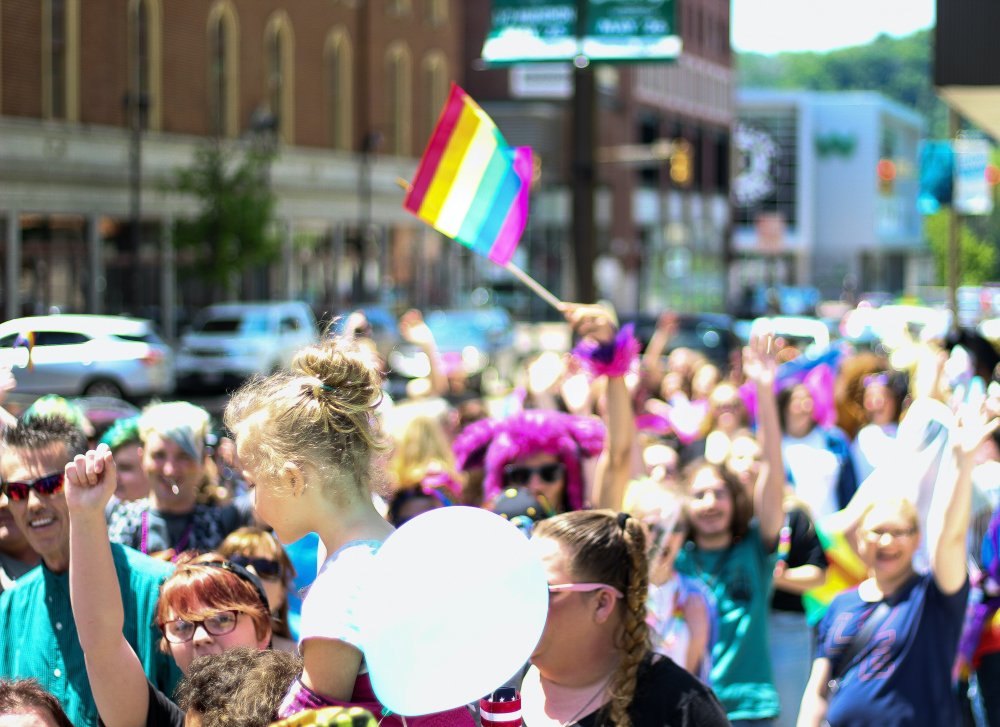When ones gender is changed threw operation, the medical parameters are also adjusted. As a result, patients are faced with other risks of disease. The risk of high blood pressure, heart attack and stroke differs between the sexes. A fact that is often given too little attention. In many cases, the awareness must come from the clients, for example in the case of breast screening. In general, there is still little data in this area, Kaufmann says. Studies on hormonal impact are currently mostly done on people who have had testicles and ovaries removed.
Kaufmann's fascination lies in hormones. She fine-tunes them for each patient, sometimes a delicate balance with a lot to keep in mind. For example, hormones work differently whether they are applied to thin or thick skin. The application of testosterone, for example, leads to polyglobulia and, in the long term, to high blood pressure. In the case of blood tests, this means that if a person born female changes her sex, it is often accurate to use the normal values of the opposite sex for comparison.
Request for more acceptance
For this evaluation, Kaufmann can draw on 23 years of experience. For a long time as a "one woman show," she can now also be deputized in case of sickness. She often spends half an hour with her patients, and even an hour for the first consultation. A luxury that came to a halt at the beginning of the pandemic.
In the first year of the pandemic, the ambulance had to remain closed. This increased the pressure on people who were already uncomfortable in their bodies and then also locked up at home. Furthermore, patients on hormone replacement therapy were unable to attend check-ups. As a result, some were overdosing on hormones. For many injections, precise intervals must be observed.
"A lot of it was chaotic," Kaufmann says in retrospect. Although she kept treating patients as best she could via telemedicine, mostly by e-mail, a lot of things were not possible there. Frequently, it was not possible to view findings promptly, for example, because all information had to be documented in the hospital's system at the same time - an immense bureaucratic effort that affected many physicians.
For Kaufmann, the fact that the outpatient clinic at the AKH was closed for the Corona pandemic is a sign that the issue is not considered to be that important. Efforts to close the department entirely, as Christian Egarter, head of the department responsible for the outpatient clinic warned in 2019 in an interview with "medinlive", have not yet taken place.
Discrimination when donating blood
Kaufmann is often confronted with the idea that gender transition is a " temporary trend." She rather believes that times are more open, in the past many things were suppressed. Psychologists and psychotherapists would make sure that the decision of patients to undergo gender transition is well thought out.
In the meantime, there are also contact points for children and adolescents. Here it is even more difficult to find out whether the wish is not influenced by puberty. In any case, non-binary can also not be easy for the environment, simply because the world is binary, Kaufmann points out.
Besides her engagement in the ambulance, Kaufmann also campaigns for the right to donate blood. Especially in summer, there is often a shortage of conserves. She perceives discrimination on this issue and is at times confronted with prejudices that can now also be scientifically debunked.
Full interview on the occasion of the Pride Days 2022
Homepage of the Transsexual Outpatient Clinic
